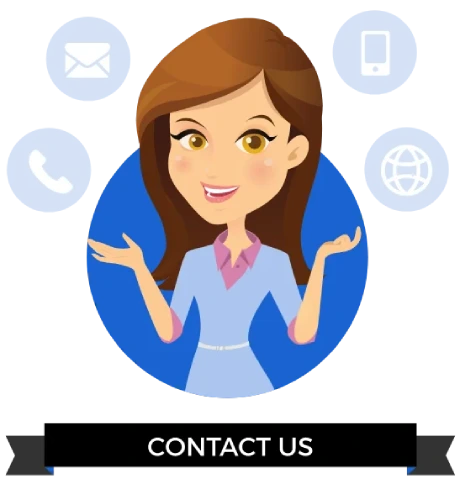Features in an E-Learning Website
The e-learning platforms make learning more flexible, interesting, and accessible, they have completely transformed the education industry. Having an effective e-learning website is essential for user pleasure, regardless of the type of learning—language, academic, or professional. If you intend to create one, these essential qualities will make your platform unique.
1. Easy-to-use Interface
A simple and easy-to-use layout guarantees that students may easily navigate the website with ease. Clear choices, a responsive design that works on all devices, and an easy sign-up procedure will improve user experience.
2. A thorough system for managing courses
To design, manage, and monitor courses, administrators and instructors should have an intuitive dashboard. Great value is added by features like certification creation, assignments, tests, and video uploads.
3. Interactive Learning Tools
Engagement is key in e-learning. Incorporate features like quizzes, polls, discussion forums, and live chat options. Interactive content encourages participation and helps with knowledge retention.
4. Multimedia Support
Supporting various content formats such as videos, audio lectures, PDFs, and slideshows allows for a dynamic learning experience. Providing downloadable resources is an added advantage.
5. Personalized Learning Paths
AI-powered recommendations and progress tracking can customize the learning journey for each user. Features like progress dashboards and personalized course suggestions improve learner motivation.
6. Components of Gamification
Badges, certificates, leaderboards, and achievement prizes are examples of gamified components that can add fun and competition to learning. Both user engagement and completion rates increase as a result.
7. Safe Gateway for Payments
Integrating safe payment channels such as PayPal, Stripe, or Razorpay is crucial for premium courses. It is advised to support numerous currencies, payment methods, and a smooth checkout process.
8. Compatibility with Mobile Devices
A mobile-friendly e-learning platform is essential. Having a responsive mobile website or a specialized mobile app is advantageous because many students choose to attend classes on their cellphones.
9. Support for Multiple Languages
Your platform should support different languages in order to attract a worldwide audience. This is particularly advantageous for platforms that provide courses for language learners.
10. Reporting and Analytics
Give administrators, teachers, and students thorough reports. Monitoring development, attendance, course completion rates, and evaluation outcomes will provide information for enhancement.
11. Tools for Collaboration and Community
Promote cooperation through group projects, chat rooms, discussion boards, and mentorship initiatives. Interaction amongst peers improves the educational process.
12. Capabilities for Integration
Make sure your platform is compatible with third-party solutions for live classrooms, such as Microsoft Teams, Zoom, or Google Meet. Integration with learning management systems, or LMSs, is also advantageous.
13. Customer Service
Providing round-the-clock customer service via chatbots, FAQs, email support, or phone help guarantees user pleasure and problem solving.
Conclusion
Including these crucial components in an e-learning website can guarantee customer satisfaction, improve the learning process, and raise course completion rates. BVM Web Solutions specializes in developing e-learning platforms that are user-centric and customized to meet your needs. Allow us to assist you in realizing your educational goals.
Get in touch with us now to find out more!









